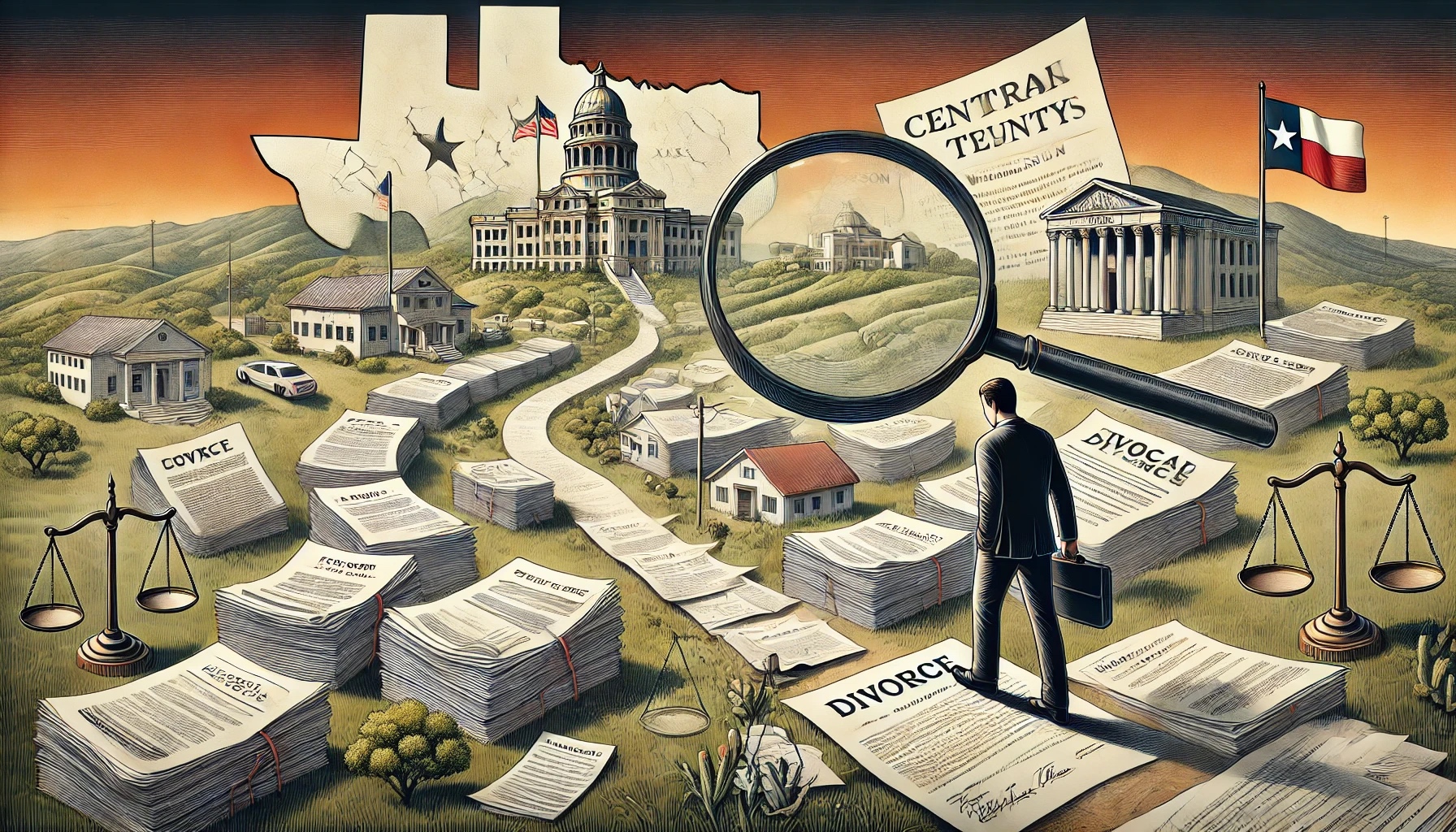· Cristi Trusler · Collaborative Divorce · 5 min read
Collaborative Divorce: A Better Way to End Your Marriage
Why some couples choose to divorce differently, and when collaborative divorce might be right for you.

You’re getting divorced. That’s hard enough.
The question now is: how do you want this to go?
Most people assume divorce means court battles, expensive lawyers fighting in front of a judge, and someone “winning” while the other person loses. Sometimes that’s necessary. But often, there’s another path.
What Collaborative Divorce Actually Is
Think of it this way: instead of hiring attorneys to fight each other in court, you hire attorneys trained to help you reach an agreement outside of court.
You and your spouse each have your own collaborative lawyer. Everyone signs an agreement that says “we will not go to court—we’ll work this out through discussion.”
Then you meet together—both spouses, both lawyers—and talk through everything. Child custody schedules. How to split retirement accounts. Who keeps the house. All of it.
If you can’t reach an agreement, these lawyers can’t take your case to court. They step aside, and you hire trial lawyers. That built-in incentive keeps everyone focused on finding solutions.
When Collaborative Divorce Works
This process works well when:
- Both spouses want to avoid court if possible
- You can be in the same room without things getting hostile
- Neither of you is hiding assets or information
- You both want your kids to see you cooperating
- You’re willing to compromise (even when it’s hard)
It doesn’t work when:
- There’s a history of domestic violence or abuse
- One spouse has all the financial control and won’t share information
- Someone refuses to be reasonable or negotiate in good faith
- You need a judge to force someone to do the right thing
Be honest with yourself about which category you’re in. Collaborative divorce isn’t about being “nice”—it’s about being practical.
What You Actually Get
Privacy. Court hearings are public record. Collaborative meetings are private. Nothing said in those rooms can be used against you later.
Control. You and your spouse decide what happens. Not a judge who met you an hour ago and has 50 other cases that day.
Speed. You meet when everyone’s available—not when the court has an opening in six months. Most collaborative divorces finish in 4-8 months.
Lower costs. Litigation can cost $50,000+ per person. Collaborative typically runs $15,000-30,000 per person. Still expensive, yes. But you’re not paying attorneys to fight over every comma.
Your kids don’t watch you destroy each other. If you have children, they’ll know you’re divorcing. The question is: will they watch you cooperate, or will they watch you treat each other like enemies?
How It Actually Works
First meeting, everyone signs the participation agreement. Your lawyers explain the ground rules: we share all financial information, we commit to honest discussion, we don’t threaten court.
Then you start meeting. Usually every few weeks. Each meeting has an agenda.
Meeting one might cover: temporary living arrangements, immediate budget concerns, when to tell the kids.
Meeting two might cover: custody schedules during the school year and summer.
Meeting three might cover: how to divide retirement accounts and who refinances the house.
Between meetings, you exchange documents—tax returns, bank statements, property appraisals. Your lawyers review everything, explain your options, help you prepare.
The Team Approach
Collaborative divorce often brings in specialists:
Financial neutral. A CPA or financial planner who helps both of you understand the real numbers. What does it actually cost to run two households? How should you divide retirement accounts without triggering tax penalties?
Child specialist. A child psychologist who helps you create a parenting plan based on what your kids actually need (not what you think sounds fair). They can also help you figure out how to tell your children about the divorce.
Divorce coach. A mental health professional who helps you manage the emotional side. Going through divorce brings up grief, anger, fear. A coach helps you process those feelings so you can still think clearly during meetings.
Your lawyers coordinate this team. Everyone works together toward the same goal: a settlement that both spouses can live with.
What This Feels Like
I won’t pretend collaborative divorce is easy. You’re still ending your marriage. That hurts.
But here’s what I hear from clients who choose this path:
“We got through it without destroying each other.”
“I didn’t have to explain our private life to a judge.”
“We can still show up to our son’s baseball games together.”
“I knew what was happening at every step—nothing was a surprise.”
“It cost less than I thought it would.”
Is This Right for You?
Ask yourself:
Can you be in the same room as your spouse and have a difficult conversation?
Are you willing to share complete financial information?
Do you want your kids to see you cooperating during this transition?
Can you accept that compromise means neither of you gets everything you want?
If you answered yes to those questions, collaborative divorce might work for you.
If you answered no—especially to the first two—that’s okay. Some divorces need a different approach. There’s no shame in that.
Next Steps
If you think collaborative divorce might fit your situation, here’s what to do:
Talk to your spouse. Say “I want to try the collaborative process. Are you willing to at least learn about it?”
Find collaborative lawyers. Both of you need attorneys trained in collaborative practice. Not all family lawyers do this work.
Schedule a consultation. Most collaborative attorneys offer a free initial meeting where they explain the process and help you decide if it’s appropriate for your case.
You don’t have to decide right now. But you also don’t have to assume court is your only option.
Divorce is hard enough. If there’s a way through this that lets you keep your dignity, your privacy, and your money—and that helps your kids see you still treating each other with respect—that’s worth considering.
Need to talk through your options? Schedule a consultation to discuss whether collaborative divorce fits your situation. I’ll give you honest guidance about what path makes sense for your specific circumstances.


